Risperidone
Recent articles
Q&A with W. David Lohr: Antipsychotics, polypharmacy among autistic preschoolers
Hundreds of preschool-aged children in Kentucky began taking antipsychotic medicines in 2012, according to an analysis of Medicaid records. Lohr discusses what it will it take to get them behavioral therapies instead.

Q&A with W. David Lohr: Antipsychotics, polypharmacy among autistic preschoolers
Hundreds of preschool-aged children in Kentucky began taking antipsychotic medicines in 2012, according to an analysis of Medicaid records. Lohr discusses what it will it take to get them behavioral therapies instead.
Prenatal exposure to antipsychotic medication does not increase odds of autism, ADHD
Children born to mothers who take antipsychotic drugs during pregnancy are not more likely to have autism or attention deficit hyperactivity disorder, or to be born preterm or underweight.

Prenatal exposure to antipsychotic medication does not increase odds of autism, ADHD
Children born to mothers who take antipsychotic drugs during pregnancy are not more likely to have autism or attention deficit hyperactivity disorder, or to be born preterm or underweight.
Q&A with Eric Hollander: Cannabis treatments for autism
As cannabis prohibition slowly lifts in the United States, scientists and families in the autism community are increasingly turning to the drug and its constituent compounds to ease autism-related difficulties, including seizures and irritability.
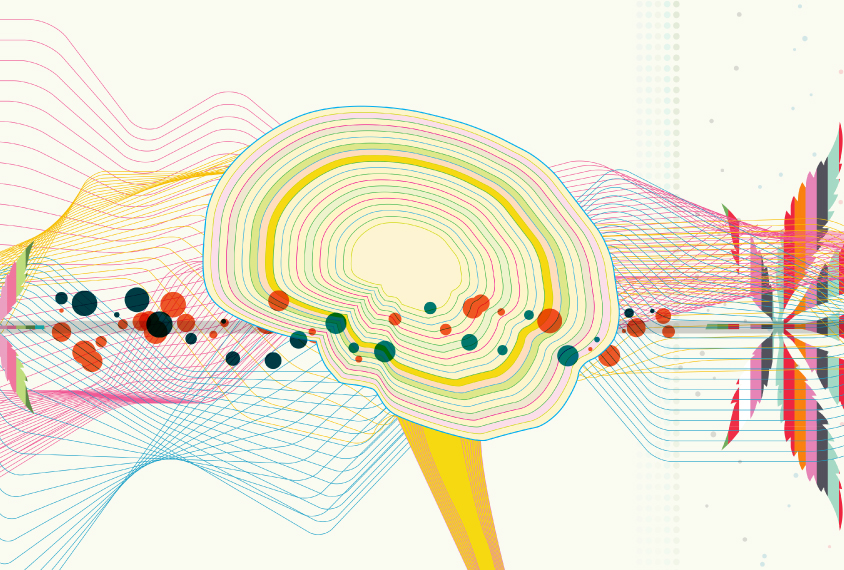
Q&A with Eric Hollander: Cannabis treatments for autism
As cannabis prohibition slowly lifts in the United States, scientists and families in the autism community are increasingly turning to the drug and its constituent compounds to ease autism-related difficulties, including seizures and irritability.
How aripiprazole’s promise for treating autism fell short
Aripiprazole, marketed as Abilify, is widely thought to be safer than risperidone, the only other drug approved for use in autistic children. A decade’s worth of data suggests that is not true.
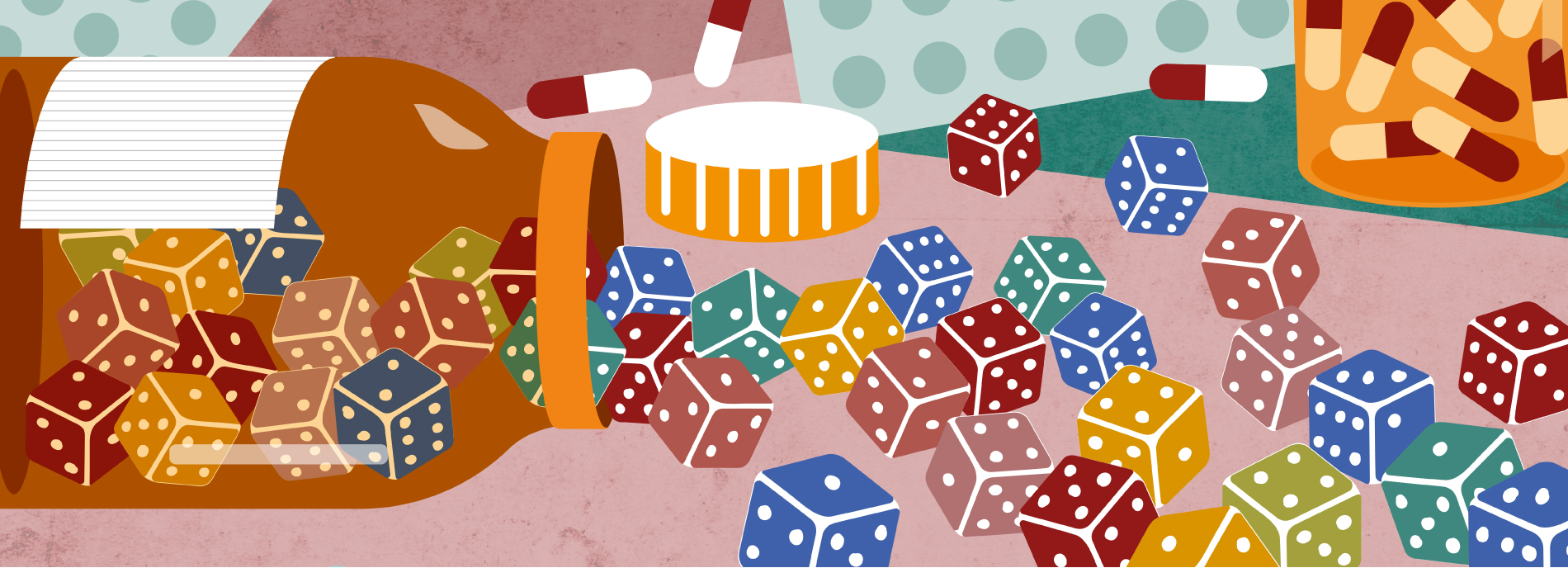
How aripiprazole’s promise for treating autism fell short
Aripiprazole, marketed as Abilify, is widely thought to be safer than risperidone, the only other drug approved for use in autistic children. A decade’s worth of data suggests that is not true.
Medical ‘home’ programs offer coordinated care for autistic people
A Utah program provides comprehensive care for autistic people across the lifespan and engages families in the decision-making.
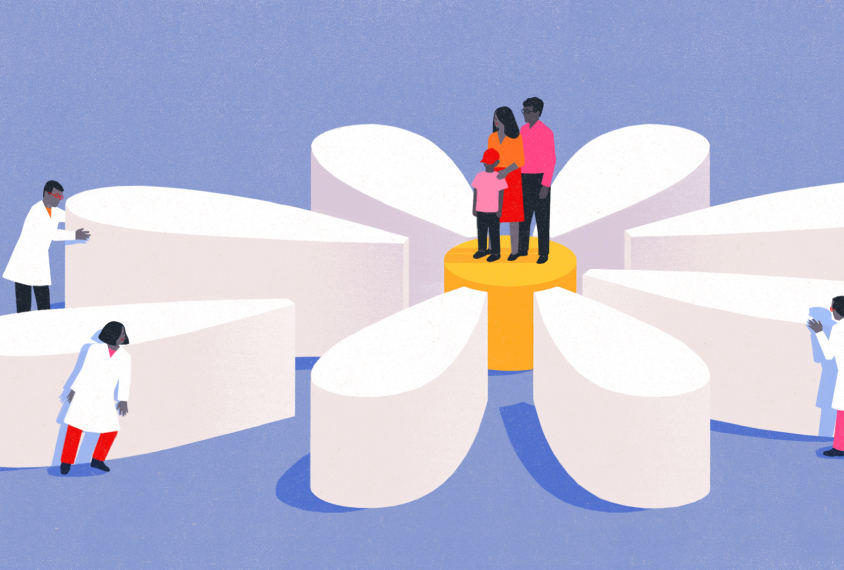
Medical ‘home’ programs offer coordinated care for autistic people
A Utah program provides comprehensive care for autistic people across the lifespan and engages families in the decision-making.
Clinicians should consider off-label treatments for autism
Clinicians need a more consistent and evidence-based approach to prescribing antipsychotics to children and adolescents with autism.
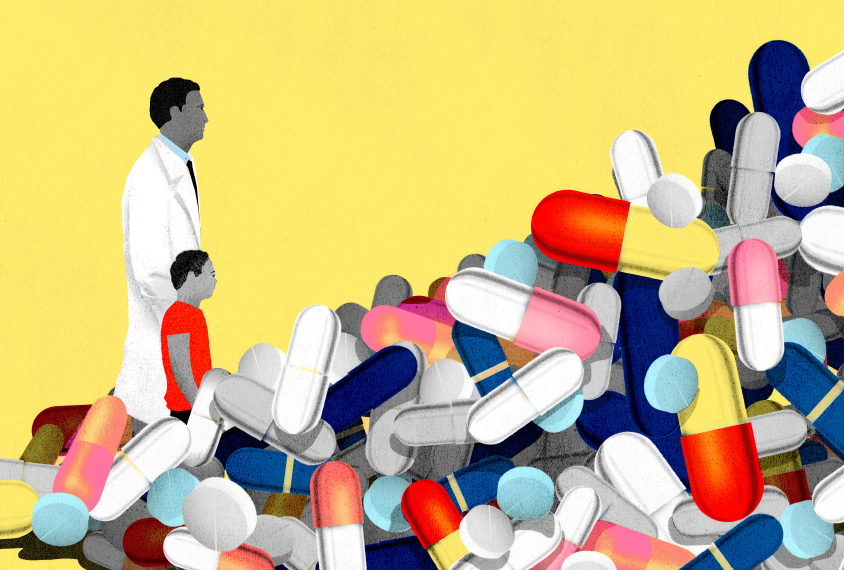
Clinicians should consider off-label treatments for autism
Clinicians need a more consistent and evidence-based approach to prescribing antipsychotics to children and adolescents with autism.
Psychotropic drugs frequently prescribed for autistic people
About one in three autistic people in the United Kingdom is prescribed drugs designed to alter brain function.

Psychotropic drugs frequently prescribed for autistic people
About one in three autistic people in the United Kingdom is prescribed drugs designed to alter brain function.
Revelando los secretos del síndrome X frágil en Colombia
Una remota ciudad colombiana es el hogar del grupo más grande de personas con síndrome de X frágil. Los científicos están aprendiendo de ellos y tratando de ayudar.
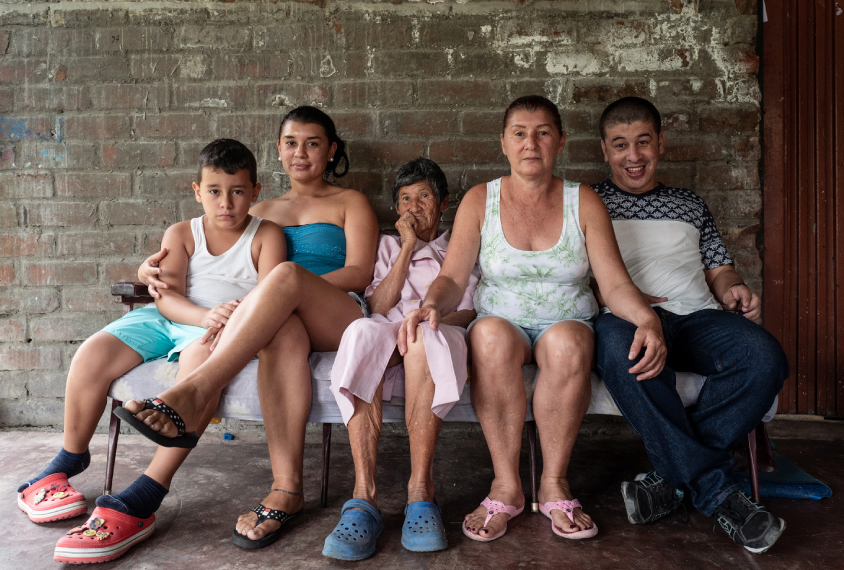
Revelando los secretos del síndrome X frágil en Colombia
Una remota ciudad colombiana es el hogar del grupo más grande de personas con síndrome de X frágil. Los científicos están aprendiendo de ellos y tratando de ayudar.
Unlocking the secrets of fragile X in Colombia
A remote Colombian town is home to the world's largest cluster of people with fragile X syndrome. Scientists are learning from them — and trying to help.

Unlocking the secrets of fragile X in Colombia
A remote Colombian town is home to the world's largest cluster of people with fragile X syndrome. Scientists are learning from them — and trying to help.
Rebooting Becky’s brain
An electrical brain implant all but erased the obsessions that had consumed Becky Audette, years after her autism diagnosis. Could similar implants help other people with severe autism?
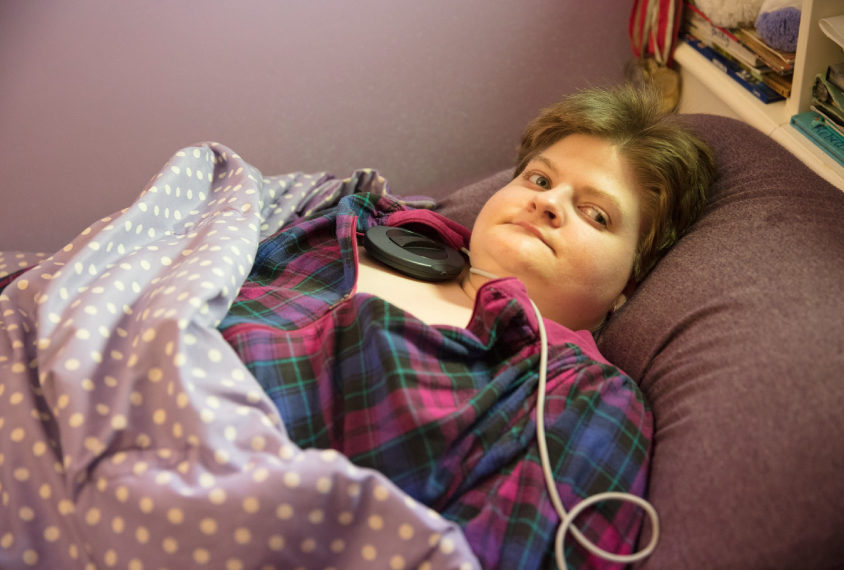
Rebooting Becky’s brain
An electrical brain implant all but erased the obsessions that had consumed Becky Audette, years after her autism diagnosis. Could similar implants help other people with severe autism?
Explore more from The Transmitter
It’s time to examine neural coding from the message’s point of view
In studying the brain, we almost always take the neuron’s perspective. But we can gain new insights by reorienting our frame of reference to that of the messages flowing over brain networks.
It’s time to examine neural coding from the message’s point of view
In studying the brain, we almost always take the neuron’s perspective. But we can gain new insights by reorienting our frame of reference to that of the messages flowing over brain networks.
Autism traits, mental health conditions interact in sex-dependent ways in early development
Here is a roundup of autism-related news and research spotted around the web for the week of 31 March.

Autism traits, mental health conditions interact in sex-dependent ways in early development
Here is a roundup of autism-related news and research spotted around the web for the week of 31 March.
Organoids and assembloids offer a new window into human brain
These sophisticated 3D cultures reveal previously inaccessible stages of human brain development and enable the systematic study of disease genes.

Organoids and assembloids offer a new window into human brain
These sophisticated 3D cultures reveal previously inaccessible stages of human brain development and enable the systematic study of disease genes.